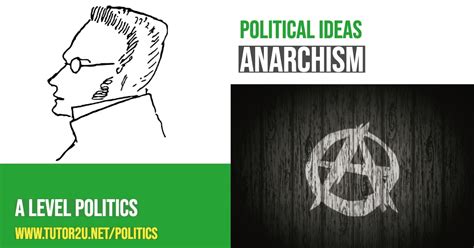In a world where labels like ‘anarchist’ and ‘leftist’ can evoke various interpretations, it’s essential to delve into the nuanced discussions surrounding societal structures. From comments reflecting on the interplay between consumerism, governance, and individual beliefs to the historical roots of anarchism, the discourse highlights the multifaceted nature of political ideologies.
One compelling aspect raised is the distinction between liberalism and leftism, emphasizing the diverse spectrum of political thought. While some users question the alignment of contemporary leftist parties with liberal ideals, others point out the evolution of terms like libertarianism and the complex history of leftist movements. The dialogue underscores the need for precise definitions and critical analysis in political discourse.
The conversation extends beyond theoretical ideals to practical challenges of implementing anarchist principles in organized societies. User insights touch on the delicate balance between autonomy and cooperation, highlighting the role of rules and shared values in fostering harmonious communities. By examining real-world examples like the internet’s evolution and communal decision-making, the discourse sheds light on the complexities of governance and social dynamics.
Moreover, the discussion delves into the role of democracy within anarchist frameworks, exploring the potential for decentralized systems to uphold justice and fairness. While some express skepticism about the practicality of anarchism on a large scale, others advocate for transparent, participatory governance models that prioritize individual agency and collective well-being. This nuanced view underscores the dynamic nature of political philosophies and their impact on societal structures.
By considering the challenges of human behavior, power dynamics, and systemic evolution, the dialogue surrounding anarchism and leftist ideologies invites reflection on the intricacies of social organization. From the historical context of past civilizations to the implications for modern governance and justice systems, the comments showcase a spectrum of perspectives that enrich the ongoing discourse on political theory and societal transformation.
In conclusion, the diverse viewpoints presented in the user comments reflect the ongoing dialogue surrounding governance, human behavior, and societal norms. As we navigate the complexities of political ideologies and societal structures, it becomes evident that critical analysis and open dialogue are crucial in shaping future systems. By engaging with different perspectives and historical contexts, we can foster a deeper understanding of anarchism, leftist ideologies, and the potential pathways towards a more equitable and participatory society.


Leave a Reply